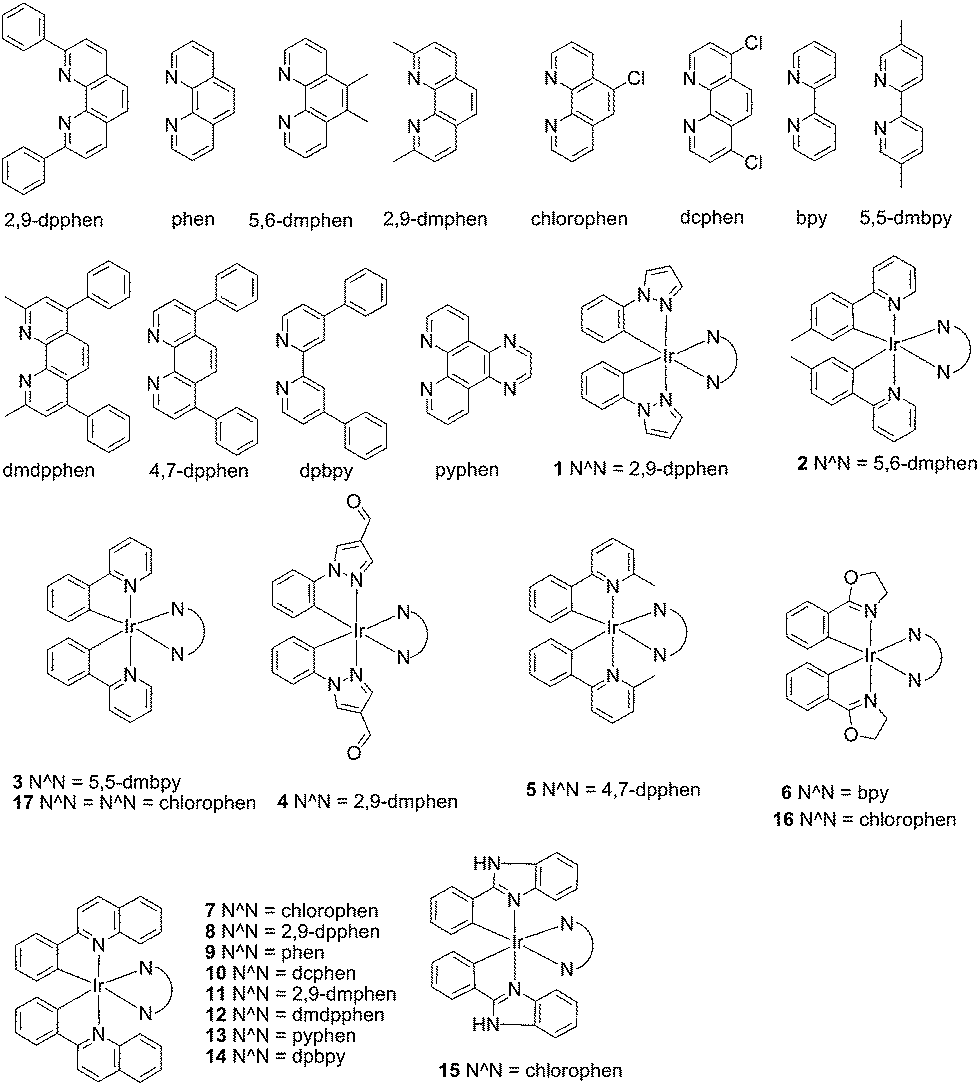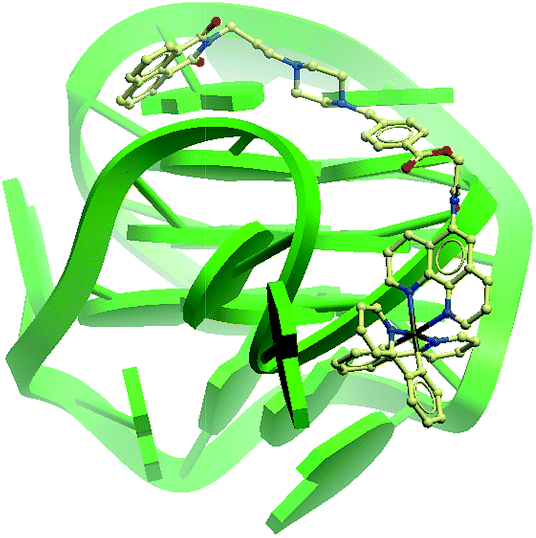K.Leung Group
.png)
Quantitative Subcellular Imaging Tools for Advancing Disease Mechanisms and Developing Novel Therapeutic and Diagnostic Approaches
Our research program, which spans the disciplines of bioanalytical chemistry and chemical biology, focuses on developing imaging tools for organelle chemotype profiling and utilizing these in-house developed tools to understand biological processes and therapeutic potentials. We aim to develop a comprehensive suite of imaging tools to fingerprint or profile the intricate details of cellular components at the subcellular level. These tools leverage cutting-edge technologies such as nanomaterials, functional molecules, multi-spectral imaging, to map and quantify various cellular components such as ions and chemicals. By enabling precise localization and chemical assessment of subcellular entities, these tools will deepen our understanding of complex cellular processes such as ion physiology and ion channel function, contributing to the development of ion channel-targeted therapies.
Organelle Chemotype Fingerprinting
.png)
Immunity and Diseases
Chloride Homeostasis Regulates cGAS-STING Signaling
The cGAS–STING signaling pathway has emerged as a key mediator of inflammation. However, the roles of chloride homeostasis on this pathway are unclear. We uncovered a correlation between chloride homeostasis and cGAS-STING signaling. We found that dysregulation of chloride homeostasis attenuates cGAS-STING signaling. It reveals that chloride homeostasis majorly affects cGAS-STING pathway and suggest a provocative strategy to dampen STING-mediated inflammation via targeting chloride channels.
DOI:10.1101/2024.04.08.588475

Bioactive transition metal complexes for biomedical applications
Chemical imaging

G-quadruplex recognition for DNA nanosensor


Structure-based inhibitors

Acknowledgement:


